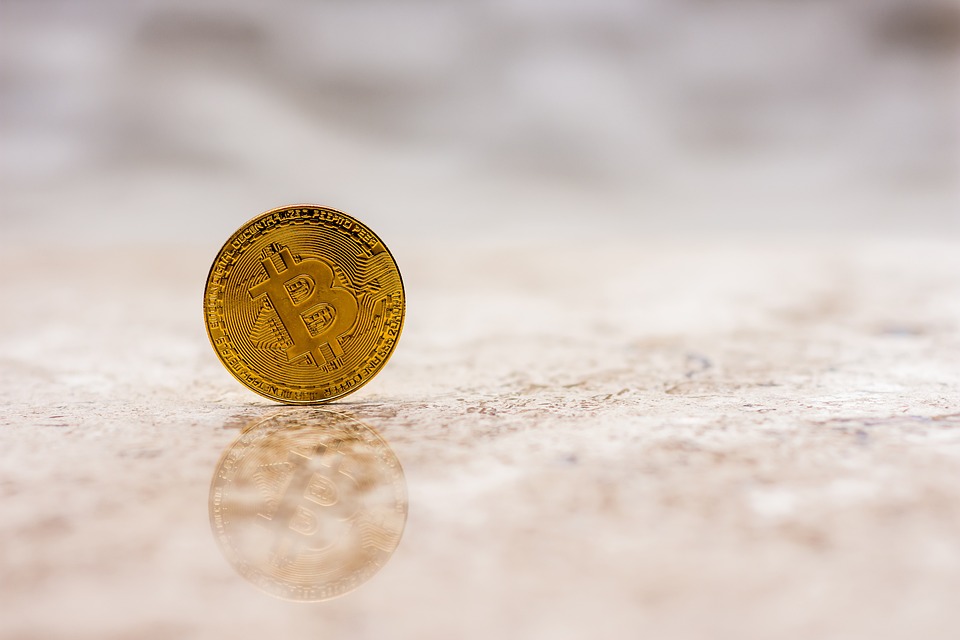In recent years, the world of digital assets has been rapidly growing and evolving, leading to a surge in interest and investment. From cryptocurrencies like Bitcoin and Ethereum to non-fungible tokens (NFTs) and decentralized finance (DeFi) platforms, the rise of digital assets has been nothing short of revolutionary.
So, what exactly are digital assets, and why are they becoming increasingly popular?
Digital assets are electronic representations of value or ownership that exist in a digital form. They can include a wide range of assets, such as cryptocurrencies, digital art, digital collectibles, and even digital real estate. These assets are stored on a blockchain, a decentralized and secure digital ledger that ensures transparency and immutability.
One of the primary reasons for the surge in popularity of digital assets is their potential for decentralization and democratization. Unlike traditional financial systems, which are controlled by a central authority, digital assets operate on a decentralized network, allowing for peer-to-peer transactions and greater control over one’s assets.
Another key factor driving the rise of digital assets is the potential for innovation and disruption in various industries. For example, blockchain technology has the power to revolutionize supply chain management, voting systems, and even healthcare data management. Additionally, NFTs have opened up new opportunities for artists and creators to monetize their work and connect with a global audience.
However, the rise of digital assets also comes with its fair share of challenges and risks. The volatility of cryptocurrencies can lead to significant price fluctuations, while the lack of regulation in the industry can make it difficult to protect investors and consumers. Security concerns, such as hacking and fraud, are also prevalent in the digital asset space.
So, what do you need to know if you’re considering investing in digital assets?
First and foremost, it’s essential to do your research and understand the assets you’re investing in. Learn about the technology behind cryptocurrencies and NFTs, and familiarize yourself with the risks and potential rewards of each asset class.
It’s also crucial to be mindful of security measures when dealing with digital assets. Keep your private keys secure, use reputable exchanges, and consider using hardware wallets to protect your investments from cyber threats.
Finally, consider seeking professional advice from financial advisors or experts in the digital asset space. They can help you navigate the complexities of the market and make informed investment decisions.
In conclusion, the rise of digital assets presents exciting opportunities for innovation and disruption in various industries. However, it’s essential to approach the space with caution and diligence to protect your investments and minimize risks. By staying informed and taking proactive measures, you can potentially benefit from the transformative power of digital assets in the years to come.
